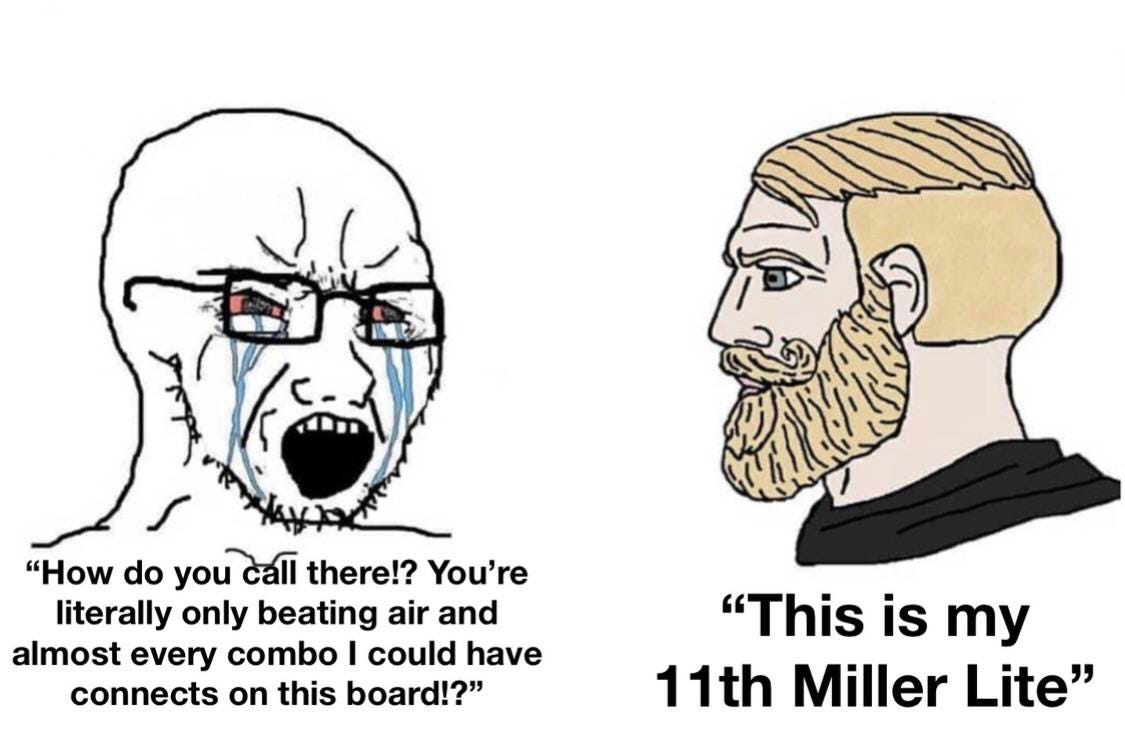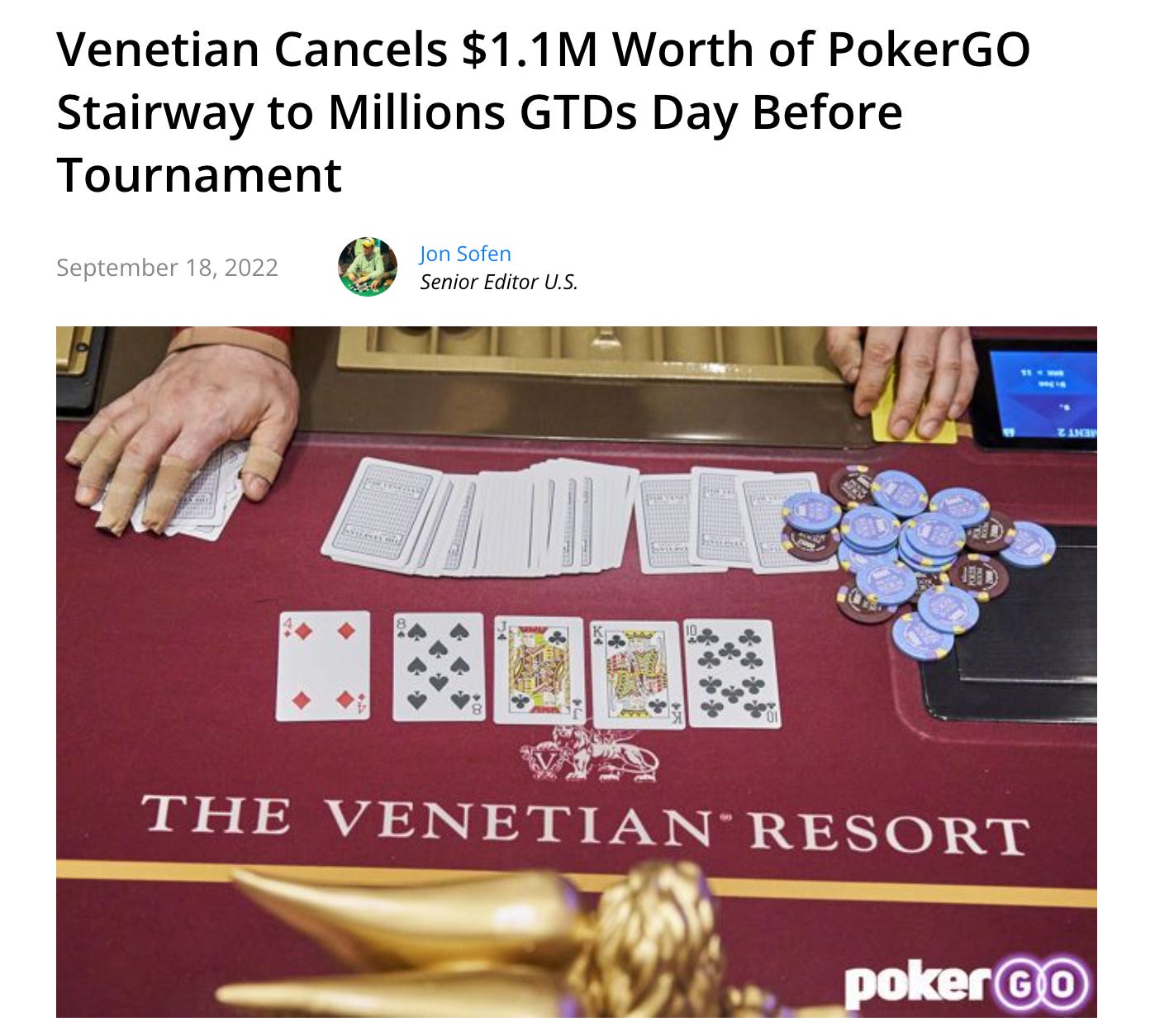Learn like (not) a pro
A busy life is unforgiving on a poker schedule. But with a few simple tricks you can learn part time but play like a pro in no time.
Learning anything effectively when it’s not your full time job can be hard. If you have a family with kids, it can be even harder, as free time becomes quite scarce. And while poker may seem like just another hobby to some, those who play know how incredibly complex it is. I would argue it is one of the hardest games to pick up and master.
But what makes learning poker today much harder than it needs to be is how poker is taught. For many people, they don’t even know where to begin. For others, networking with other players who may also not have expert knowledge doesn’t help much. And lastly, for those who have paid for some training sites or courses, much of the content seems to start running before they show you how to walk.
So my intention is to break poker down into simple terms and concepts that everyone can understand. And from there, we’ll start jogging into the basics before we have you start sprinting in the Olympics.
I can’t buy you more time in your life, but I can make the time spent learning poker much more effective. And this can make up a huge difference in your learning rate.
But before we get started, it’s important to define a goal, which is a pretty important principle for most things in life. Trying to solve problems before defining goals can lead to wasted time and effort, chaotic processes, and ineffective results. So what is your goal? Are you trying to get better at tournaments or cash games? Are you content with your current stakes, and just want to get much better at beating the player pool you’re in? Are you trying to jump to the next level in stakes but having a hard time? Are you already a well-studied part time player posting good results who wants to take the next step to going pro?
Each goal will lead to differing methods and strategies to master, so picking the right one will be crucial for your development. For the next few months, I’ll be focusing on the majority of part time players: playing low / mid stakes live NLHE tournaments, and just trying to get better to show more consistent results, and shot take at higher buy-ins once in a while. If you’re just trying to get into tournament poker, this should be useful for you as well. I will assume you know some of the absolute basics of poker, so if you don’t, give this a read first.
You may have tried reading and watching some things online, picked up a few good tips already, and are trying to put things together. Maybe you’re not great at math, or great at computers, but at least want to get some understanding of solvers. I’ll make all of this super easy for you to understand and pick up. And I’m also sensitive to time constraints of those of you with jobs and families, as I’m in the same boat, so I’ll also teach you how to get what you need quickly and extrapolate, but still play poker like a pro.
But here’s the thing: getting motivated to start is easy. Actually getting started is easy. Many concepts, when explained properly, are actually kind of easy. But where people often fail is discipline and consistency. This can be the learning process, where you won’t commit time consistently to learn. This can be the execution process, where a little bit of tilt reverts you back to bad habits by throwing everything you have learned out the window. I’m also sensitive to this, as deep down inside me is a very lazy person who just wants to sit around playing video games and watching movies and tv shows. So was Anthony Bourdain:
So I’m also going to try and help you form good habits too, but at the end of the day, it’s on you to show up, learn, and be consistent.
Lastly, I feel that many poker coaches are out of touch with what low / mid stakes players go through. Many of these coaches started out online, built a huge bankroll, and jumped right into high stakes. While they may understand poker with impressive technical depth, many may not have grinded their way up through those live tournament fields, and certainly many of them are not spending their time grinding those stakes right now. Players in these fields can play in surprising and irrational ways that these coaches don’t have deep experience with, or are keeping up with. And applying solver learnings to these fields can be a huge mistake. But solvers can still help you in many ways, and that will be a fun newsletter topic coming soon.
But first, in my next newsletter, we’re going to cover some of the “myths” of poker, which are rooted in incorrect thinking. If you do not have a good fundamental understanding of concepts like expected value and thinking of hands in ranges, you shouldn’t even start thinking about solvers or more advanced topics. This also extends into process oriented thinking, and focusing on the game in the long run. So we’ll start things off with some simple thinking principles before we get into the technical streets.
See you soon!
Laugh of the week
Found on Reddit
In the news
Shitty behavior from the Venetian here.



![r/QuotesPorn - "I understand there's a guy inside me who wants to lay in bed, smoke weed all day..." - Anthony Bourdain [728x728] r/QuotesPorn - "I understand there's a guy inside me who wants to lay in bed, smoke weed all day..." - Anthony Bourdain [728x728]](https://substackcdn.com/image/fetch/$s_!uRf_!,w_1456,c_limit,f_auto,q_auto:good,fl_progressive:steep/https%3A%2F%2Fbucketeer-e05bbc84-baa3-437e-9518-adb32be77984.s3.amazonaws.com%2Fpublic%2Fimages%2F3bf7bddb-98db-422a-b7a4-a19e3999782f_728x728.jpeg)


How d you get a job in this group?. anonymous betting with cryptocurrency! Just placed some bets... - https://tinyurl.com/3fbhv4ts